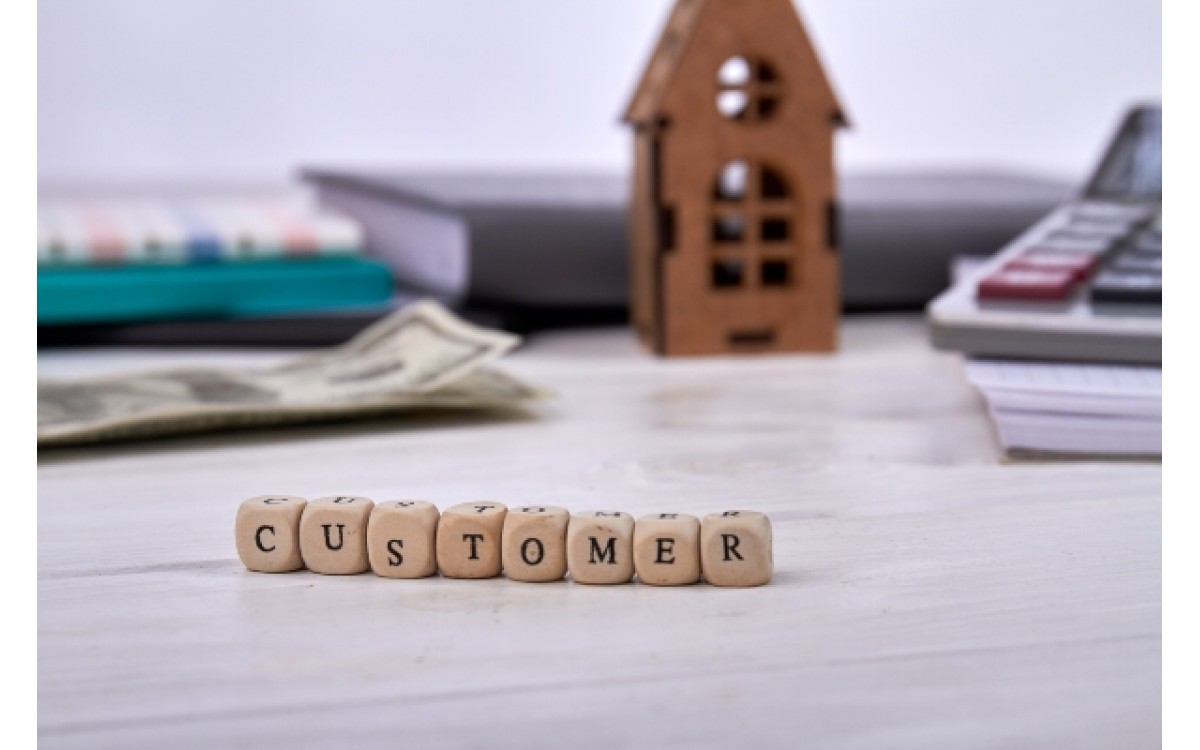What is a Real Estate Broker? Understanding the Role, Responsibilities, and Career Path
In the real estate industry, the term "broker" is often used, but what exactly is a real estate broker? Whether you're considering a career in real estate or just curious about the distinction between brokers and agents, understanding the role of a broker is essential. In this article, we will explore what a real estate broker is, their responsibilities, and how their role differs from that of an agent. We will also guide you through the steps to becoming a broker and explain why many real estate professionals pursue this career advancement.What is a Real Estate Broker?
A real estate broker is a licensed professional who has completed additional training and education beyond that of a real estate agent. Brokers are legally authorized to manage their own real estate firms and supervise other agents. They can also work independently, unlike real estate agents, who must work under a broker's supervision.
In many states, including Florida, brokers can either work for themselves, hire other agents, or manage a brokerage that facilitates real estate transactions. Brokers are often involved in higher-stakes deals and have more responsibilities than agents, both legally and financially.
Key Responsibilities of a Real Estate Broker
A real estate broker's duties vary depending on whether they operate independently or manage a brokerage with other agents. However, some key responsibilities include:
- Supervising Real Estate Agents: Brokers are responsible for overseeing the agents who work under them. They ensure that agents adhere to legal standards, follow ethical guidelines, and complete real estate transactions correctly. If an agent makes a mistake or engages in unethical practices, the broker could be held accountable.
- Client Representation: Like real estate agents, brokers work directly with buyers, sellers, and renters to facilitate transactions. However, brokers often handle more complex or high-value deals, leveraging their experience and expertise.
- Managing Brokerage Operations: Brokers who run their own firms oversee daily operations, including hiring agents, setting commission structures, and handling office finances. They are also responsible for marketing the firm and ensuring its success.
- Legal and Financial Liability: Brokers have more legal and financial liability than agents. They are accountable for any real estate transactions that occur within their brokerage, and they must ensure all contracts and transactions comply with state and federal regulations.
- Training and Development: Brokers often provide training and support to real estate agents, helping them improve their skills and stay updated on changes in the industry, such as new laws or market trends.
How Does a Broker Differ from a Real Estate Agent?
While both brokers and agents are involved in real estate transactions, they differ in terms of authority, responsibilities, and autonomy:
- Education and Licensing:
- Real Estate Agent: Agents must complete pre-licensing courses (e.g., a 63-hour course in Florida) and pass the state licensing exam. Once licensed, they can assist in buying and selling properties but must work under a broker.
- Real Estate Broker: Brokers must fulfill more rigorous education requirements. In Florida, for example, this involves completing a 72-hour broker pre-licensing course and gaining experience as a licensed agent for at least 24 months. Afterward, they must pass the broker licensing exam.
- Autonomy:
- Agents are required to work under the supervision of a broker.
- Brokers can work independently or run their own real estate firm. They have the authority to manage agents and oversee all real estate transactions within their brokerage.
- Legal Responsibility:
- Brokers bear more responsibility and liability than agents. They are accountable for their agents' actions and are required to ensure that all transactions are legally compliant.
- Earning Potential:
- Brokers typically have a higher earning potential because they can earn commission on their own deals and a portion of the commission from agents working under them.
Steps to Becoming a Real Estate Broker
If you’re a licensed real estate agent interested in advancing your career, becoming a broker can be a logical next step. The process varies by state, but here’s a general overview of the steps to become a broker in Florida:
- Meet Experience Requirements: To qualify for a broker’s license, you must have at least 24 months of experience working as a licensed real estate agent in Florida within the past five years.
- Complete Broker Education: In Florida, prospective brokers must complete a 72-hour broker pre-licensing course approved by the Florida Real Estate Commission (FREC). This course covers advanced topics such as real estate law, investment analysis, and brokerage management.
- Pass the Broker Licensing Exam: After completing the pre-licensing course, you must pass the Florida broker licensing exam, which consists of 100 multiple-choice questions. A passing score is 75% or higher. The exam covers both national and state-specific real estate laws and practices.
- Submit Your Application: Once you’ve passed the exam, you can apply for your broker’s license through the Florida Department of Business and Professional Regulation (DBPR). You’ll need to submit your fingerprints for a background check as part of the application process.
- Complete Continuing Education: Like real estate agents, brokers are required to complete continuing education to maintain their license. In Florida, brokers must complete 14 hours of continuing education every two years, which includes updates on real estate laws and ethics.
Why Become a Real Estate Broker?
Becoming a real estate broker offers several career advantages:
- Increased Earning Potential: Brokers have multiple streams of income. In addition to earning commissions on their personal transactions, they can also earn a percentage of the commissions from agents they supervise.
- Business Ownership: As a broker, you have the opportunity to open your own real estate brokerage. This gives you the flexibility to build a team, set your business goals, and develop your brand.
- Leadership and Mentorship: If you enjoy helping others succeed, being a broker allows you to mentor and train newer agents. This not only helps build a stronger team but also enhances your reputation within the industry.
- Control Over Transactions: Brokers have full control over the real estate transactions they handle, offering more independence in managing deals and clients.
Conclusion
Understanding what a real estate broker is and the value they bring to the real estate industry is key for anyone considering a career in real estate or looking to advance to the next level. Brokers are leaders in the field, equipped with advanced knowledge, autonomy, and responsibility. Whether you're interested in becoming a broker yourself or seeking to work with one, knowing the difference between agents and brokers can help you make informed decisions in your real estate journey.
If you’re ready to take the next step and become a broker, Florida Real Estate School is here to help you succeed. Our 72-hour broker pre-licensing course is designed to equip you with the in-depth knowledge and skills needed to pass the Florida broker exam and thrive in the industry. With flexible online learning, expert instructors, and 24/7 support, we make it easy for you to advance your real estate career on your schedule.
Don’t just maintain your career—elevate it. Enroll today at Florida Real Estate School and gain the tools you need to become a top-performing real estate broker.
FAQs
What distinguishes a real estate broker from a real estate agent?
A real estate broker is a licensed professional who has undergone additional training and education beyond that of an agent. Brokers can operate independently, manage their own firms, and supervise agents, while agents must work under a broker's supervision. Additionally, brokers have greater legal and financial responsibilities.
What are the primary responsibilities of a real estate broker?
Brokers oversee the agents they supervise, manage brokerage operations, represent clients in transactions, and ensure compliance with legal standards. They also bear more legal and financial liability and often provide training and support to agents.
What steps are required to become a real estate broker?
To become a broker, one must first gain experience as a licensed real estate agent for at least 24 months, complete a 72-hour broker pre-licensing course, pass the broker licensing exam, and apply for a broker's license. Continuing education is also required to maintain the license.
Why might someone choose to become a real estate broker?
Becoming a broker offers increased earning potential through multiple income streams, the opportunity to own a business, the ability to mentor and lead others, and greater control over real estate transactions. This advancement can lead to enhanced professional recognition and satisfaction.



